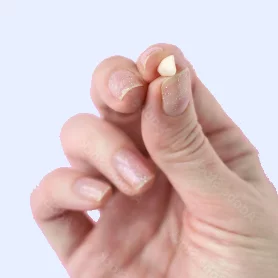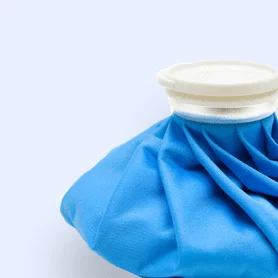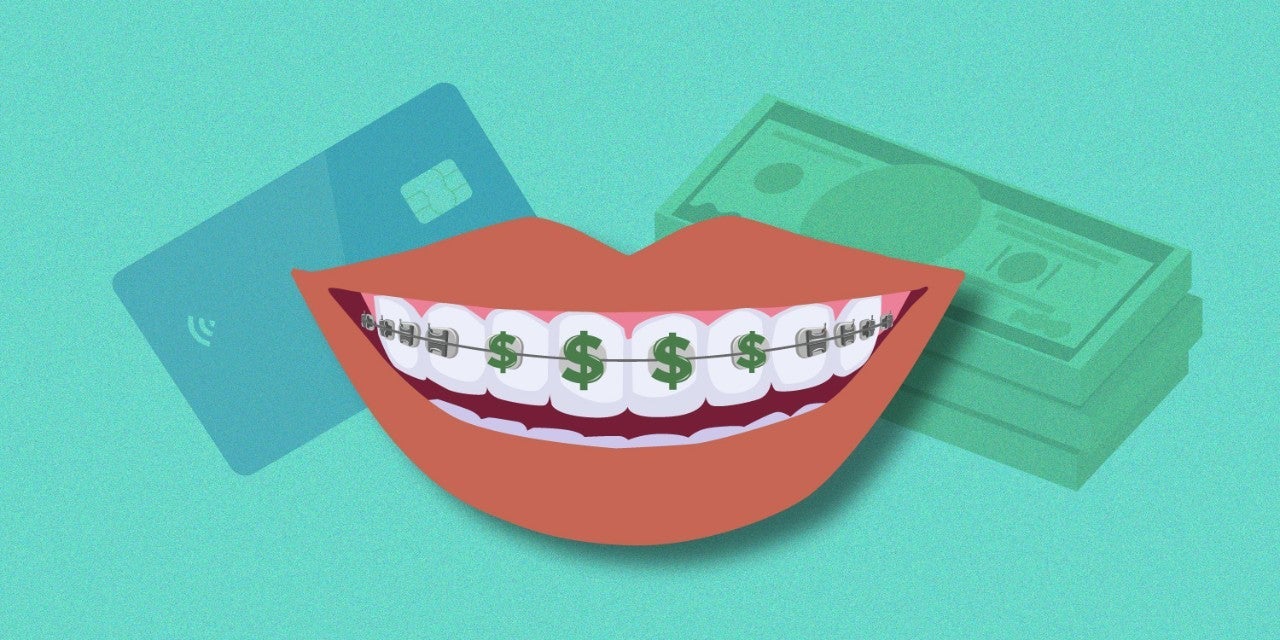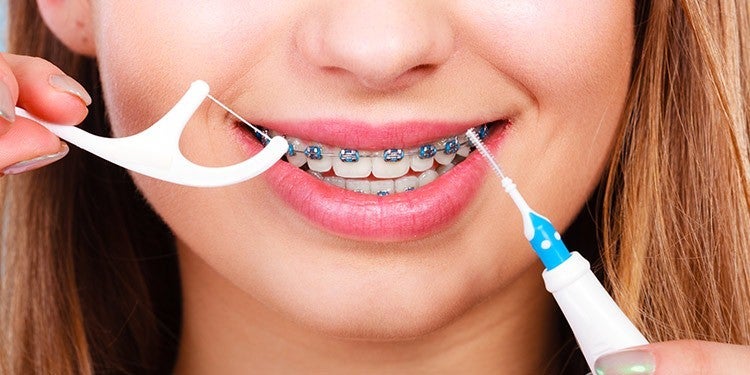An underbite describes when the lower teeth and jaw extend beyond the upper teeth. Usually, the upper teeth partially conceal the lower teeth, but in an underbite, it's the opposite, with the lower teeth jutting out.
What is an Underbite?

Underbite Corrections in Children and Adults
Treatment for malocclusion varies, depending on its severity. Sometimes, primary or permanent teeth require extraction to create space. Other times, jaw surgery for bone-related bite issues and the use of fixed or removable appliances might be necessary.
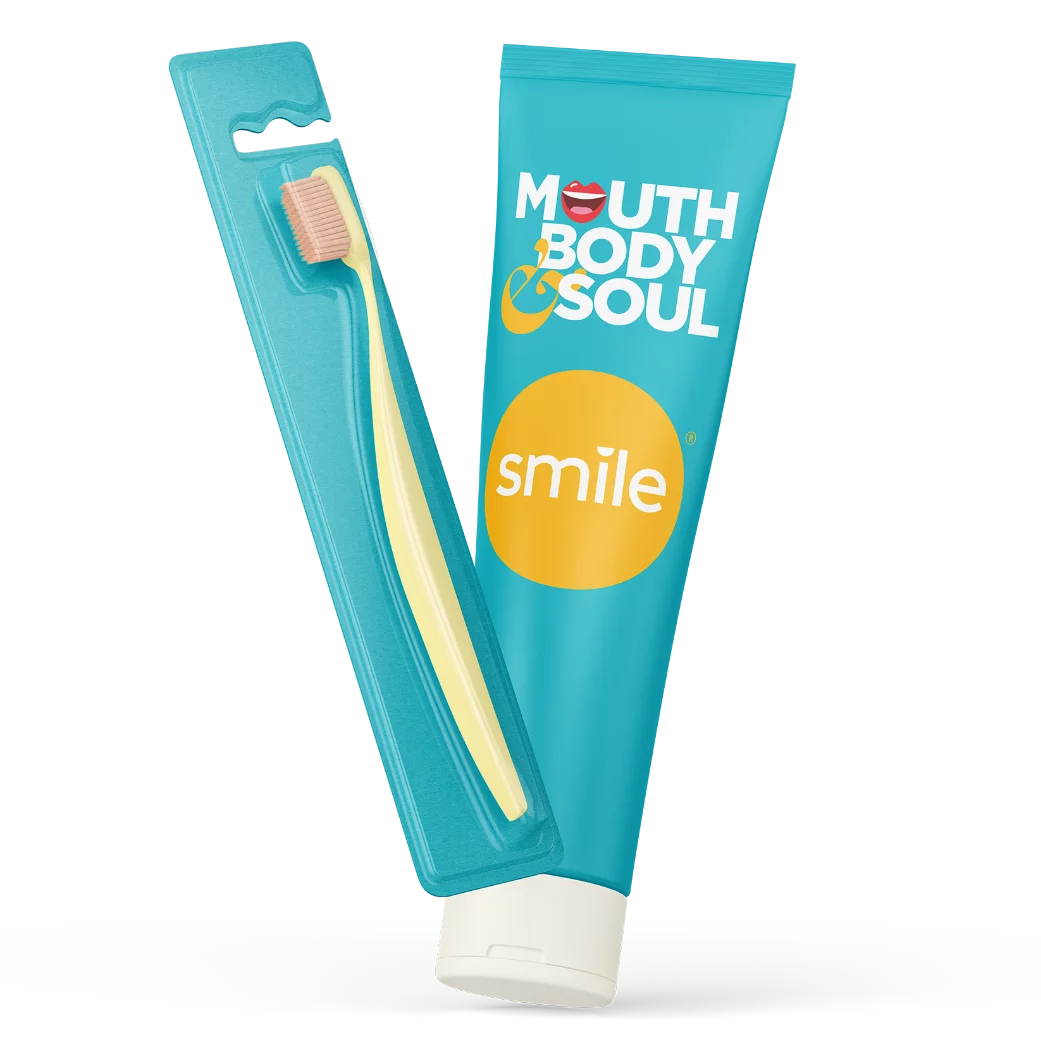
How can we help?
Book an Appointment Today
Explore the range of treatments available for both mild and severe underbites. Talk with a Smile Generation-trusted dentist for treatment options that best suit your needs.
Related Posts
Worried about how to pay for braces? Learn about budgeting, insurance coverage, and flexible financing solutions. Access braces payment plan with confidence.
Braces are a common sight throughout the United States – especially on kids and teens. If a child has crooked teeth, parents often assume that braces are in that child’s future. The reality is that br
Thinking about getting braces as an adult? Learn the pros, cons, age limits, and what to expect from adult orthodontic treatment.








